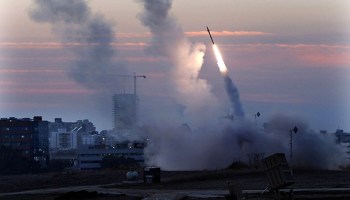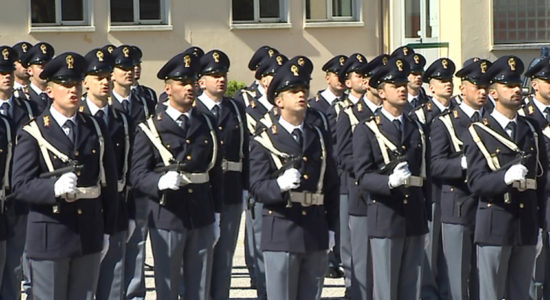Stoccolma sotto attacco

Ancora un camion, rubato e lanciato sulla folla nella speranza di fare il maggior numero di vittime.
Nel primo pomeriggio intorno alle 15 ora italiana un camion che trasporta birra, rubato diverse ore prima si è schiantato all’interno di un centro commerciale nell’area pedonale di Stoccolma in pieno centro.
Ci si aspettava il ripetersi di simili azioni, perché le più facili da portare a termine con successo e purtroppo l’intelligence svedese non ha ben attivato tutte quelle procedure preventive che se utilizzate servono a non far avvicinare mezzi di questo tipo a zone affollate.
Avere il permesso per entrare in una zona pedonalizzata in questo periodo non può bastare; in Italia, infatti la prevenzione cosiddetta passiva impedisce con ostacoli fisici ai veicoli di prendere velocità nelle aree a rischio, inoltre nei centri commerciali e nelle zone limitrofe abbiamo, da tempo schierato, rigorosamente in borghese, numerosi speciali in grado di fermare una fonte di pericolo in breve tempo.
Le buone pratiche devono essere sempre condivise.
© Riproduzione Riservata











